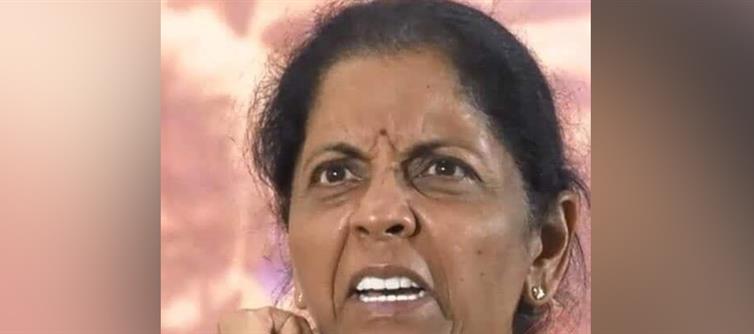
This disparity is especially striking because india is not only one of the hottest countries in the world but also home to millions who suffer from heat-related illnesses and fatalities each year. In such a context, treating air conditioners as luxury items instead of essential appliances raises questions about the government’s priorities and understanding of present-day necessities.
Many critics argue that the bharatiya janata party (BJP) government, under the leadership of prime minister Narendra Modi and Finance minister Nirmala Sitharaman, has repeatedly failed to distinguish between luxury and need when formulating tax policies. By slapping the highest GST slab on products like ACs—essential in coping with heatwaves that now affect even moderate climates—the government is seen as out of touch with the ground realities faced by common citizens.
This has fueled public resentment, with many openly expressing their frustration on social media, pointing out that the government seems more focused on maximizing revenue than providing economic relief or comfort to its people. For the salaried middle class and lower-income households, affording an AC is already difficult—this tax burden only deepens the divide.
Supporters of the current policy argue that high GST on such appliances helps boost government revenue, which can then be redirected toward welfare schemes and infrastructure. However, critics counter that this approach is regressive and penalizes people for trying to live comfortably in an increasingly unbearable climate.
They point out the irony of urging citizens to remain healthy and productive while simultaneously making basic comforts unaffordable. If india is to face climate change seriously, the government must reconsider such outdated categorizations and work towards policies that reflect the evolving needs of its population—beginning with acknowledging that in many parts of the country, an air conditioner is no longer a luxury, but a necessity.




 click and follow Indiaherald WhatsApp channel
click and follow Indiaherald WhatsApp channel